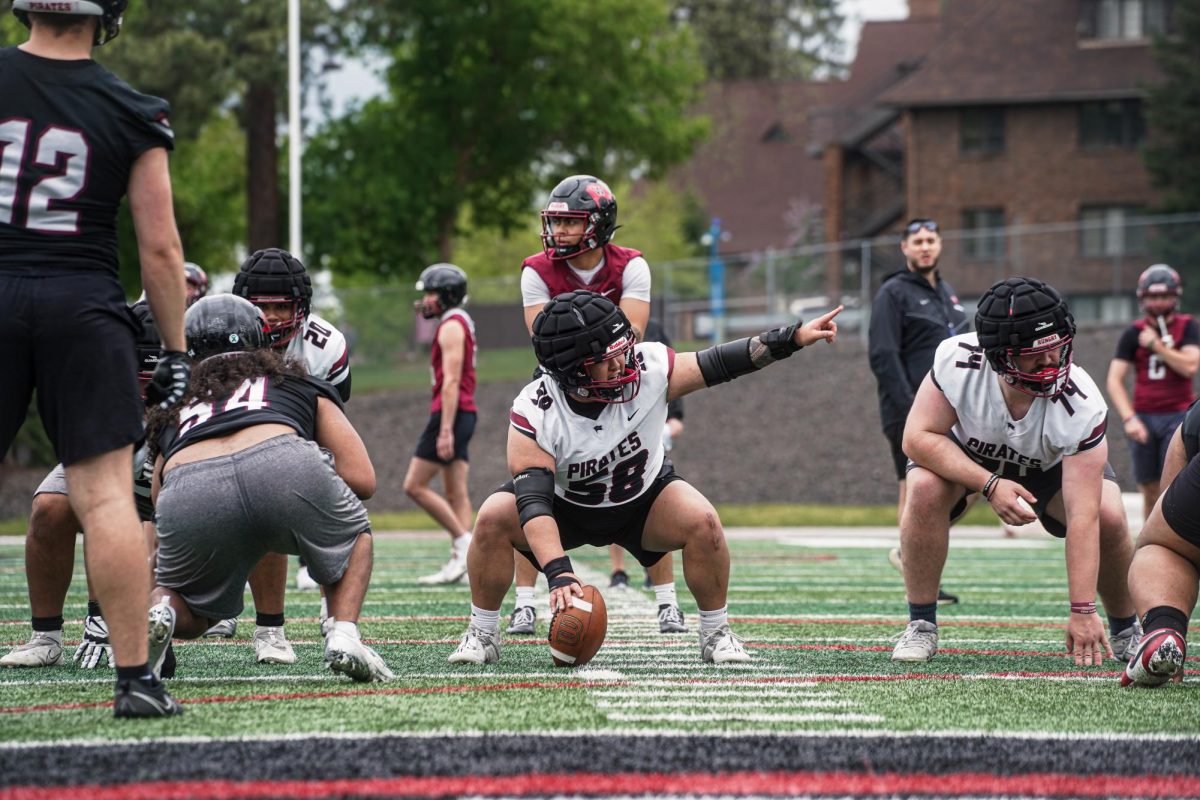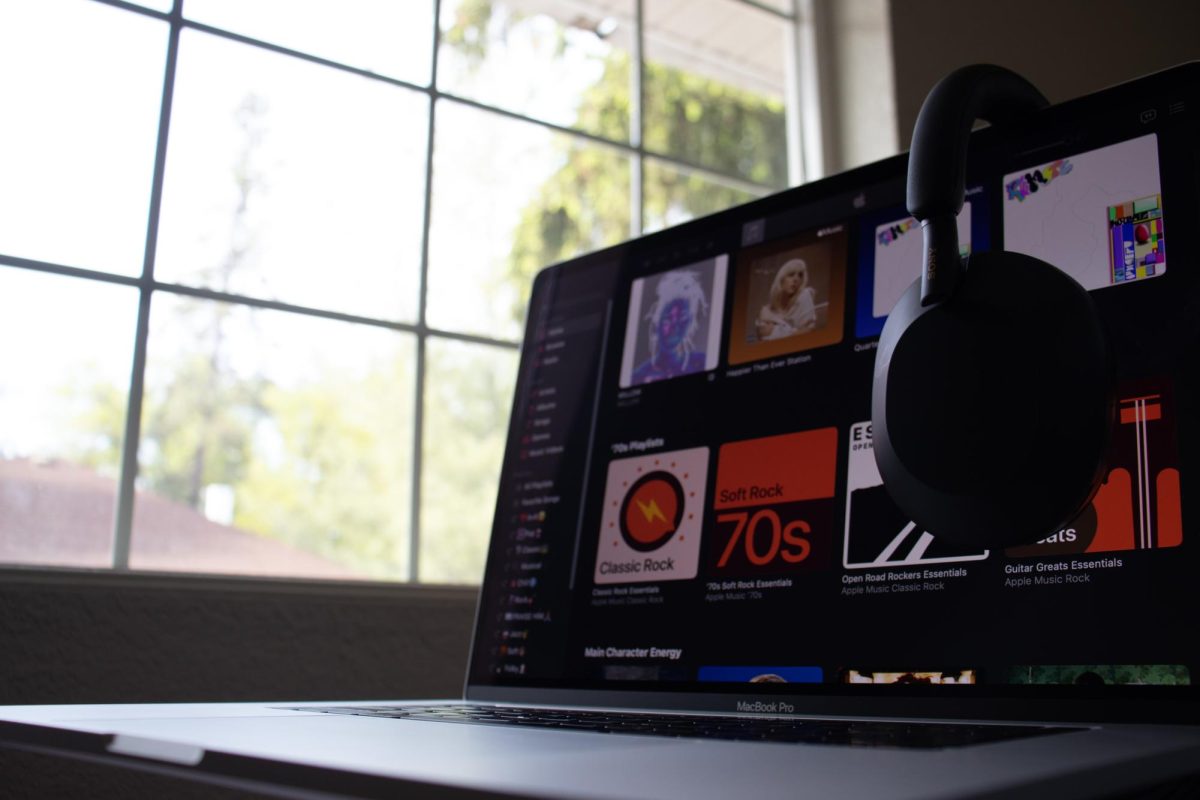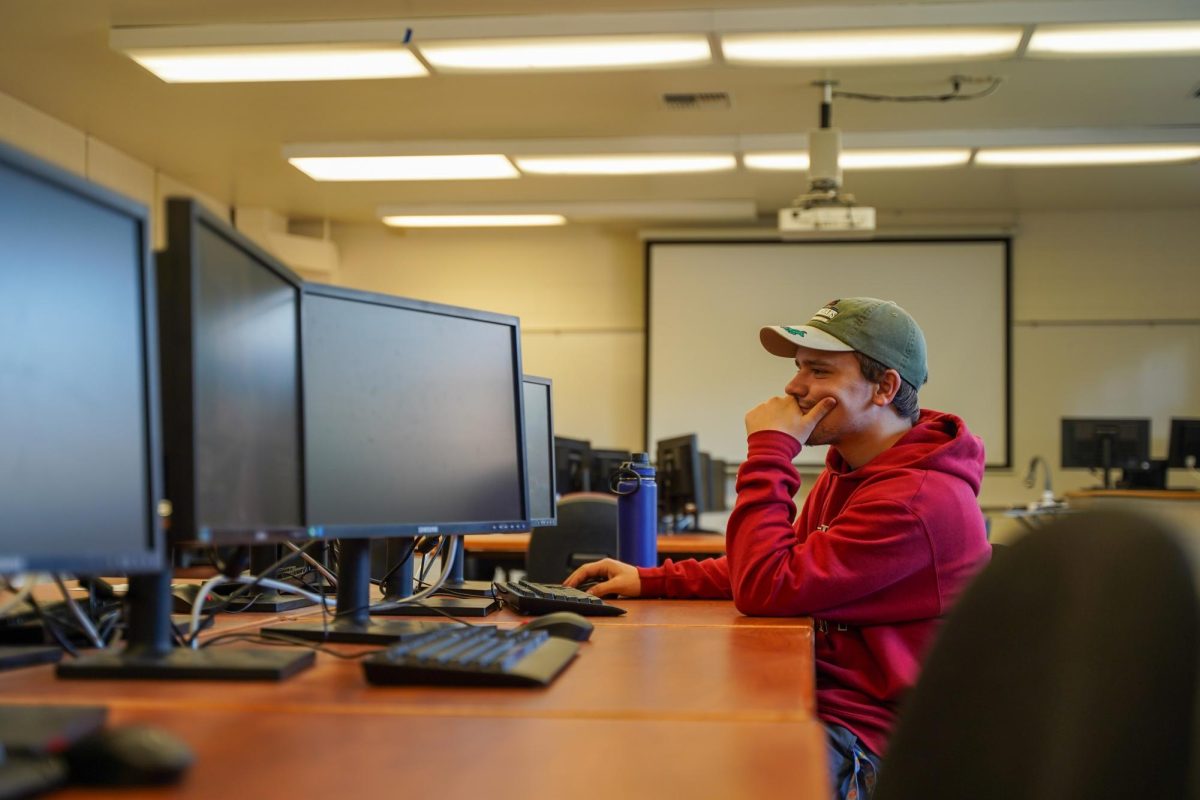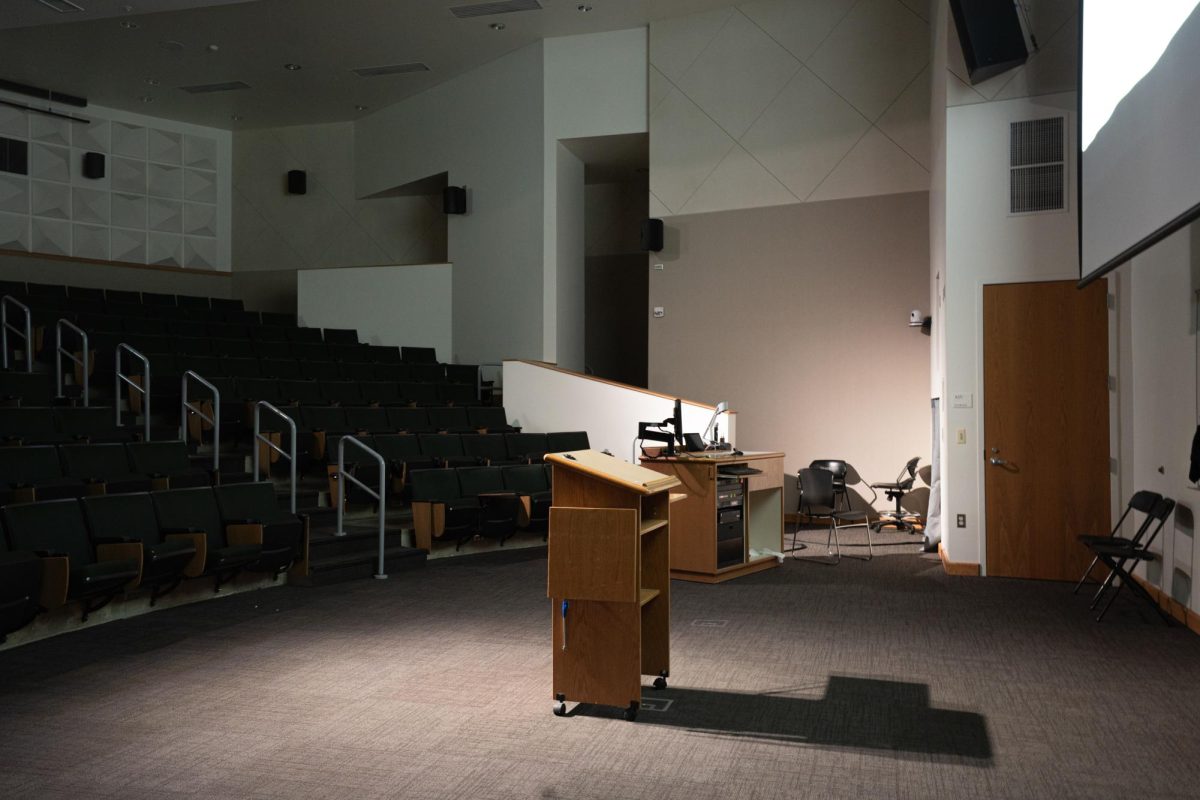April 10 was Whitworth’s 9th annual Diversity Monologues event, where eight students from different backgrounds shared their experiences on the following theme: “How do you come to know healing?”
Each student, using their own creative writing gifts, told their story on how they were able to overcome their own struggles, tragedies and hardships in life.
Student Monologues
Kelti Knutson, whose piece is titled “A Puddle for my Thoughts,” talked on the themes of acceptance, how life is not a linear or predictable thing we can control. Her story encourages us to push through and endure, to find common ground with others, and to “expect the unexpected.”
Montana Elder’s “Frizz but no Fury” follows Elder’s journey towards self-acceptance, expressing how societal influence, peer pressure and family identities can try to shape who we are, which can potentially lead to damage.
Sophea Christensen’s “He Healed Her” talked about the goodness of God, encouraging people to lay down their brokenness to God. In doing so, Christensen’s story suggests that people can “claim their life back.”
Candice Stilwell’s story was titled “Exoskeleton Legs: Living in A World Not Built For Me.” Her story took the event’s listeners through her life and how her experiences led her to heal from hurt and to be comfortable with the fact that she has a disability. She exclaimed that she is not broken and that there is nothing about her that is broken. Stillwell ultimately hopes that people will act empathetic towards those whose backgrounds and life experiences differ from their own.
Erika Hernandez’s “In the Quiet Silence” said that while the hardships we faced in the past shape us, we should not let these define our present, especially when the fault is not our own. And through this form of healing, we can become more empathetic people.
Emma Fuala’au’s “Mwarmwar” highlighted the ultimate beauty of restoration and peace, even if what needs to be restored comes from a place of loss.
Karissa Wilkins-Luton’s “But it was” took listeners through her life circumstances, where she felt at the time that she couldn’t fathom how anything would come out of it. Her story encouraged people to accept the healing process, no matter how painful it may be; it is necessary so that you may be able to grow.
Finally, Fiona Beattie’s “Untitled” monologue gave listeners the message that healing takes time, and that sometimes some wounds won’t seem to fully heal, referencing some of her life experiences. “Things will suck and that’s ok. Things will get better from time,” Beattie stated in her monologue, ending with the message that it’s okay to say that you are not okay.
Additional Voices
Alongside the student storytellers were Dr. Micki Abercrombie-Donahue and Rena Priest, the latter MCing the event. Abercrombie-Donahue gave a presentation on her native background and the land that her family grew up in, and how the invasion and destruction of her sacred land caused trauma. She called to acknowledge the history and legacies of early American settlement with humility, and she wanted to connect Christian theology and native wisdom, as she claims this “echoes Old Testament scripture.”
Regarding healing, Abercrombie-Donahue said that damage to others also damages oneself. Likewise, healing others will also heal oneself. She described her personal healing as coming to a place where she can reveal her native and Christian identity together. “Healing for me is to see the salmon run, and to see this land in this region be restored […] Coming to healing means the reconnection, reconciliation, respect and restoration,” she said. Her presentation ended with saying that the listeners of this event have the responsibility to hold all the stories told that night and allow them to change you.
Rena Priest, the poet in residence, echoed a similar sentiment by hoping that these stories will work themselves through the hearts and minds of the audience members. During an interview, she said that these stories personally inspired her and that the bravery and generosity she saw at the event were beautiful.
“I feel like I can go forth through my life stronger and carry my story, hopefully with the same kind of grace and dignity that these storytellers presented here,” Priest said.
Audience Responses
Hunter Koss, one of the student attendees, felt the inspiring messages she heard were boosted by the use of poetry, adding a “richness” and power that may not have been there otherwise. “Stories always connect with you more when it’s personal on a human-to-human basis, and carrying stories for it is such an important part of culture,” she said.
Sophomore Xander Frens said he valued the Diversity Monologues, and this year’s version gave him faith that even when all feels lost, time and friends can heal and support you. “It gives me faith to hear how other people can go through such extraordinary circumstances or such horrible tragedies, but be able to still find the silver lining,” Frens said.
Lastly, Zoe Picken, a senior, liked Abercrombie-Donahue’s introduction and her view on healing and presenting stories, as Abercrombie-Donahue believes it’s what creates communal relationships. “You know their story, and [there’s] a reciprocity that arises from that. And I hope that everybody who is here tonight can carry that spirit out with them into our community,” Picken said.
Those who were present at this year’s annual Diversity Monologues cheered and applauded each person who shared their stories and appeared to fulfill the hopes of the organizers of the event. Kendra Guttridge, an Studrnt Diversity, Equity and Inclusion (SDEI) staff member who helped host the event, praised Diversity Monologues as a place where people have access to use their voice and creativity to expand our knowledge about the people we live with every day.
“Let’s hear another one better, let’s know another one better,” Guttridge said.











